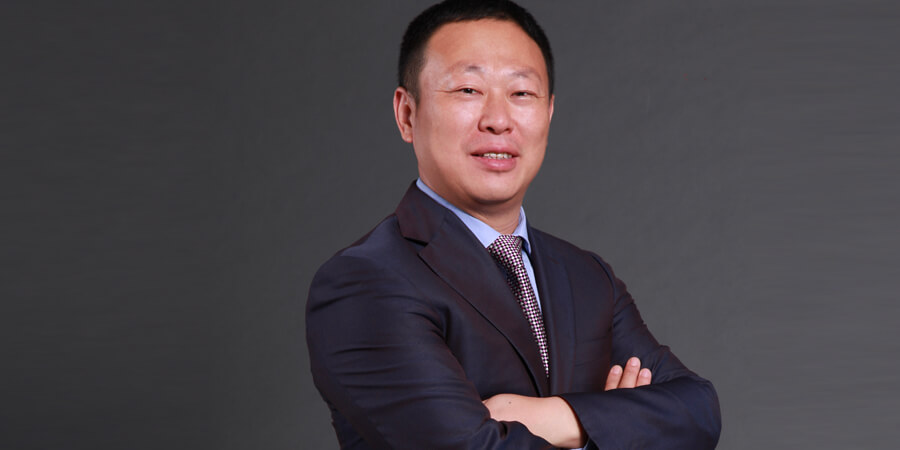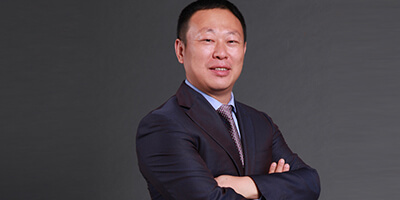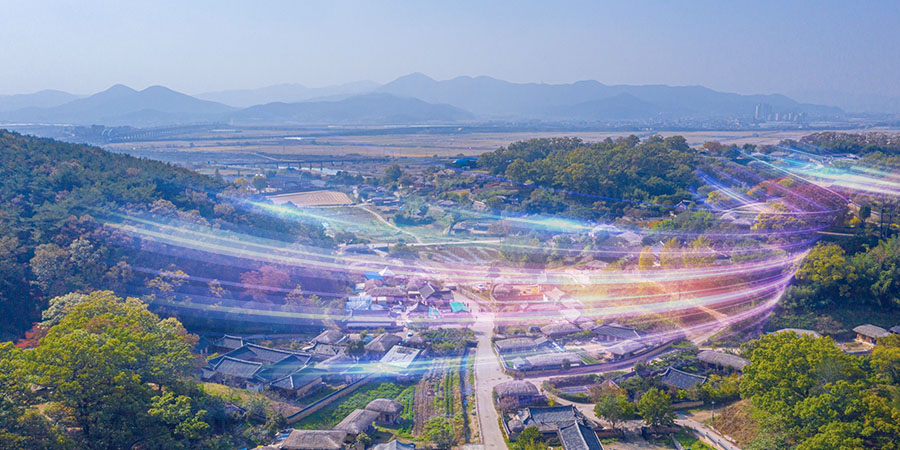
By Jeffery Liu, president of Huawei Asia Pacific
Throughout my life, I’ve stood in awe of the transformative powers of technology, taking childhood dreams of wireless video communication, a world of robotics, and even flying cars and making them a reality. Never have we lived in a time with such an incredible acceleration in shared technical knowledge with the tools to truly conquer so many geographical, language, and knowledge barriers.
From accessing global information in mere seconds and interacting in immersive virtual and augmented experiences, to redefining how we use the world’s resources and how to create a more level playing field for opportunities across diverse cultures, identities, and organizations, the digital world delivers true ubiquitous equality and virtually unlimited opportunities for the future.
At the root of all this is a collection of new ICT that includes the latest generation of mobile networking, advanced cloud computing and storage, and sophisticated data analytics and artificial intelligence. Together, these form the basis for a cacophony of applications that extend beyond our consumer lives and redefine entire industries. From using new ICT to optimize supply chains to redefining how we sell, support, and ultimately interact with customers, these technologies will redefine customer experiences, offer unprecedented cost savings and create new business opportunities.
Make no mistake, the future ahead of us is digital. Unfortunately, even though digital transformation is accelerating and our reliance on a digital economy increasingly apparent, we are headed towards a global skills deficit of massive proportions. Some estimates expect a talent shortage in the order of millions meaning although we have the stone to build the digital kingdom, we lack the masons.
With over 4.6 billion people, Asia Pacific represents the most diverse region in the world and includes economies at the forefront of digital transformation as well as those faced with extreme challenges in income distribution, geography, and population.
The next five years could see the Asia Pacific region make giant strides towards becoming a digital society, and the transformation will enable member states to recover faster from the pandemic. As organizations learn to take advantage of new ICT, cloud and AI are becoming must-haves for all organizations. Currently, 81% of enterprises use cloud-based applications. The COVID-19 pandemic has further shown a spotlight on the importance of ICT investment to improve digital resiliency and spark economic recovery.
While consumers and businesses adopt innovative services like next-generation immersive experiences, automation of everything, and a world of connected devices that extend beyond people, the demand for talent increases.
According to a study by Korn Ferry, we will face an estimated shortage of 47 million tech talents by 2030. A survey of CEOs by PwC found that more than 50% of APAC CEOs say that it is difficult to hire digital talent with the right skills.
In order to secure our digital future, we need to foster the next generation of digital talent. I have been fortunate to play an integral role in Huawei‘s talent cultivation programs and have first-hand witnessed the successful launches of our Huawei ASEAN Academy and Seeds for the Future programs.
Based on a “leave no one behind” belief, Huawei continues to push digital inclusion and invest in creating opportunities for digital talents through comprehensive training, competitions, and job fairs. Programs like Seeds for the Future and ICT Academy leverage decades of experience and expertise and help tackle ICT workforce challenges in APAC. Huawei Certification provides an industry-leading ICT development standard and certification program covering 11 ICT technical fields.
We have also launched the Huawei ASEAN Academy in 2019, designed to conduct joint operations with local governments, enterprises, universities, carriers, and industry organizations. In addition to cultivating digital talent, these academies promote innovation within startup communities and amongst SMEs.
To date, the program has trained over 130,000 participants for local communities and covers Indonesia, Malaysia, Thailand, and Cambodia. Huawei ASEAN Academy is one of our key talent development programs, and we expect it to play a bigger role in the future.
Innovation and development rely on a talent ecosystem. We need to come together as a collection of digital leaders ready to discover and conquer this digital frontier. At the Asia Pacific Innovation Day·Digital Talent Summit 2021, we gladly announced that, together with our partners, Huawei will invest around $50 million to develop 500,000 digital talents in the Asia Pacific region.
If digital talent is in our DNA, it’s just a matter of time before evolution simply takes it course. I believe, leveraging shared experiences with win-win outcomes we can harness the power of new ICT to fly us into a digital tomorrow, and with adequate training and opportunity for future talent, we can find our pilots.







